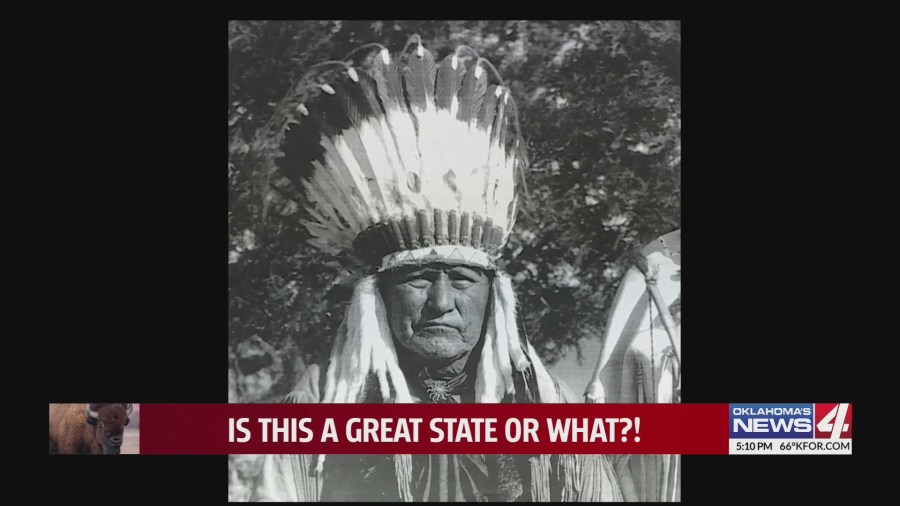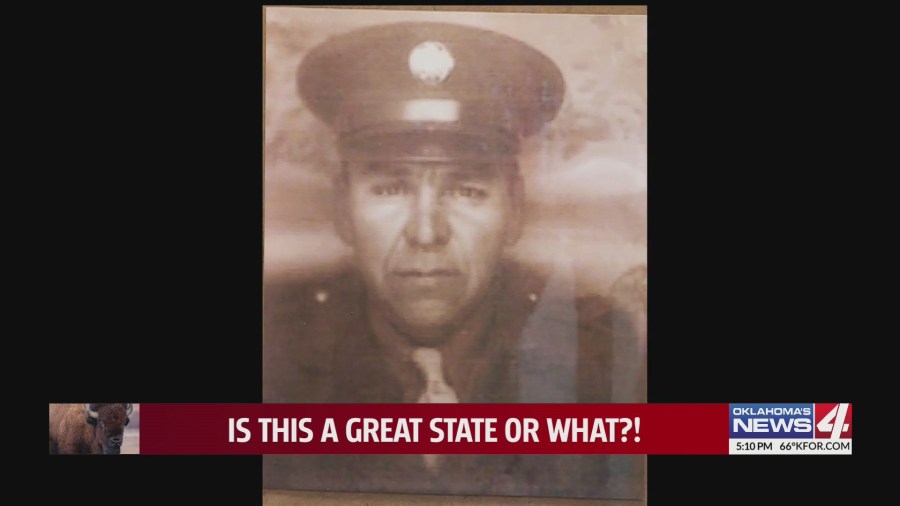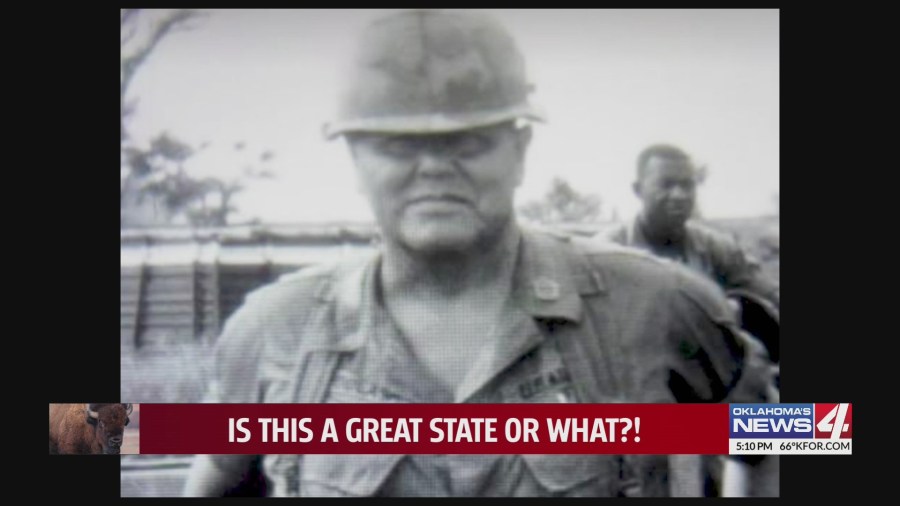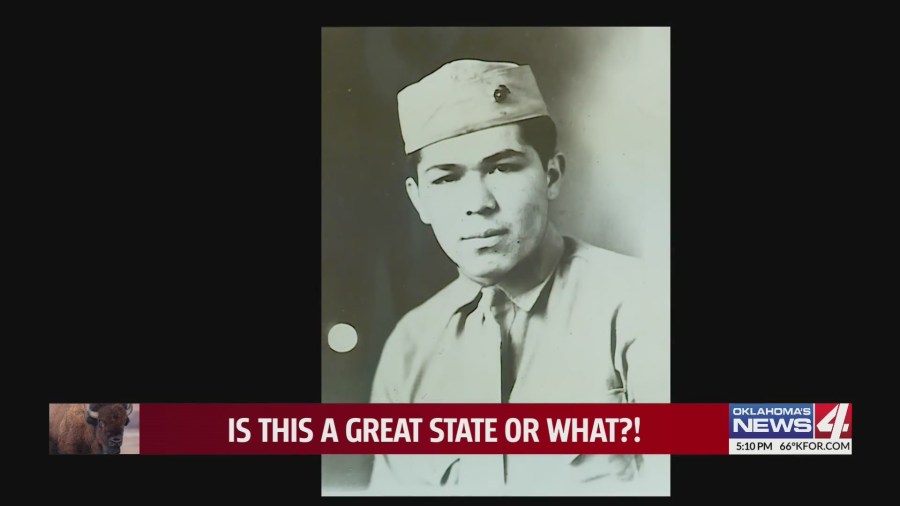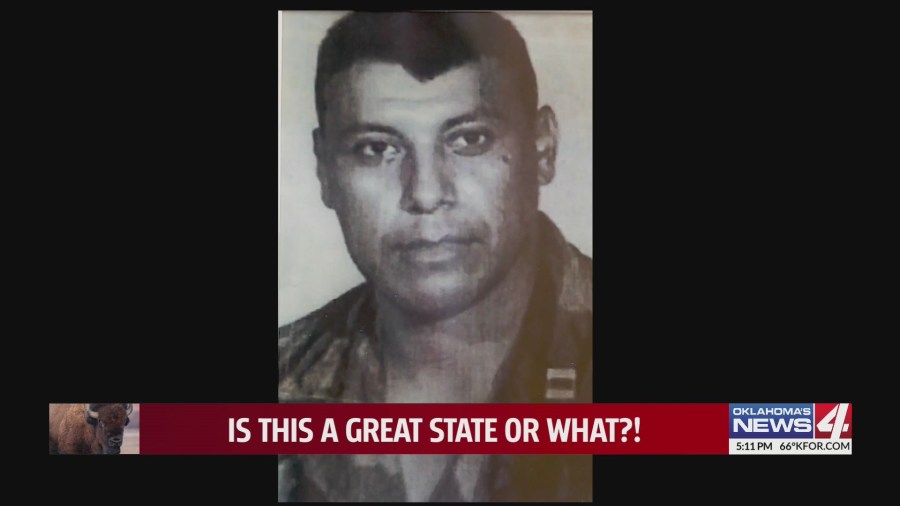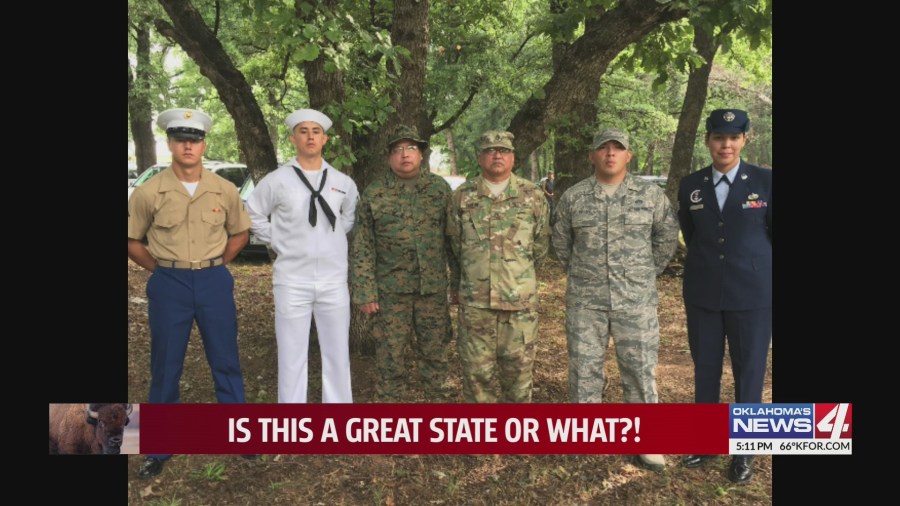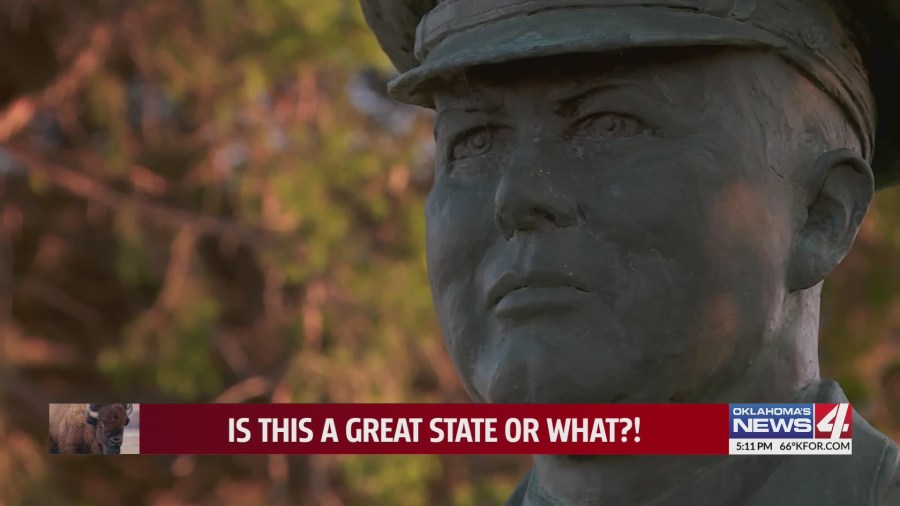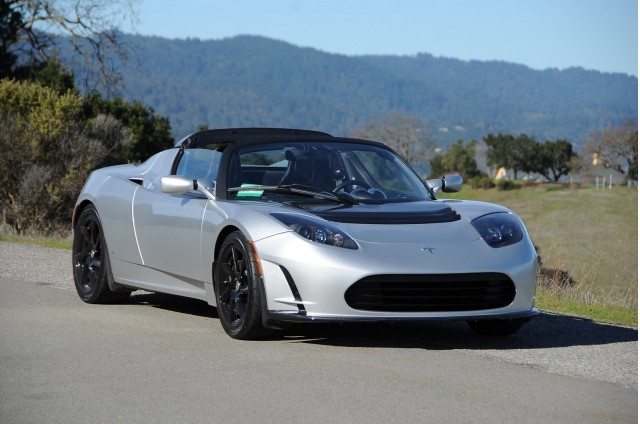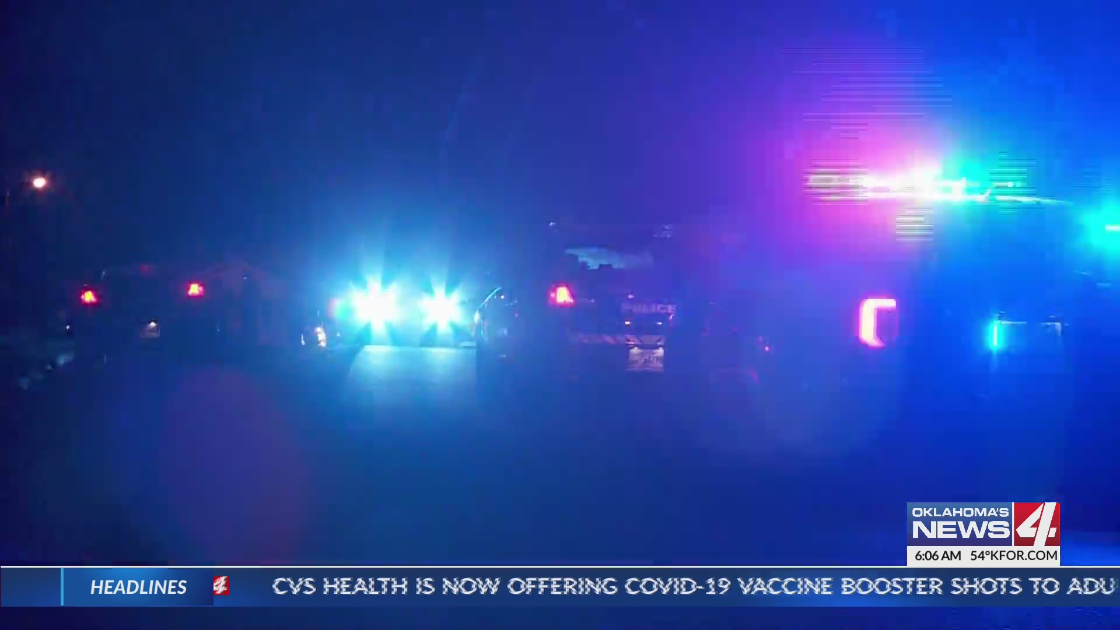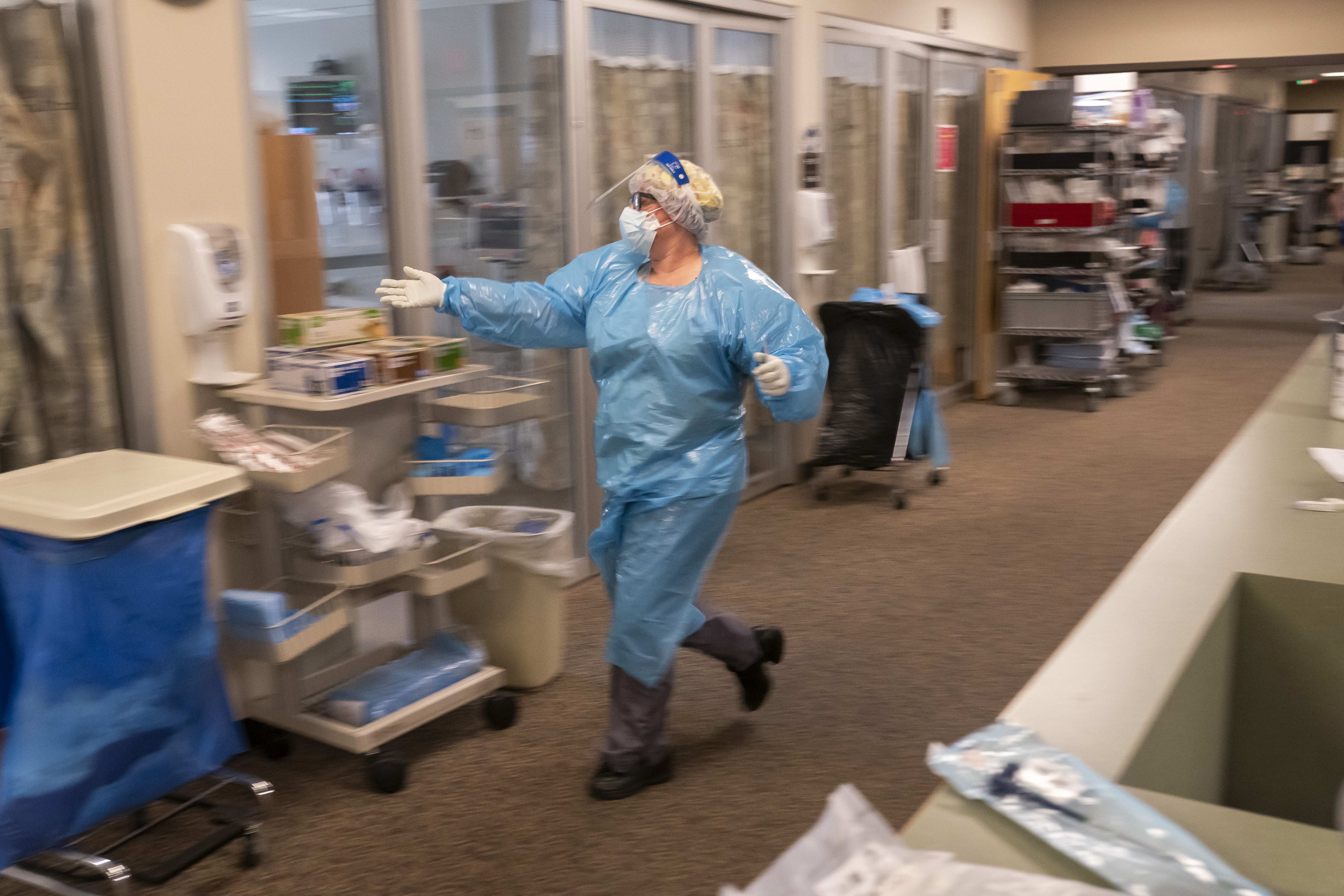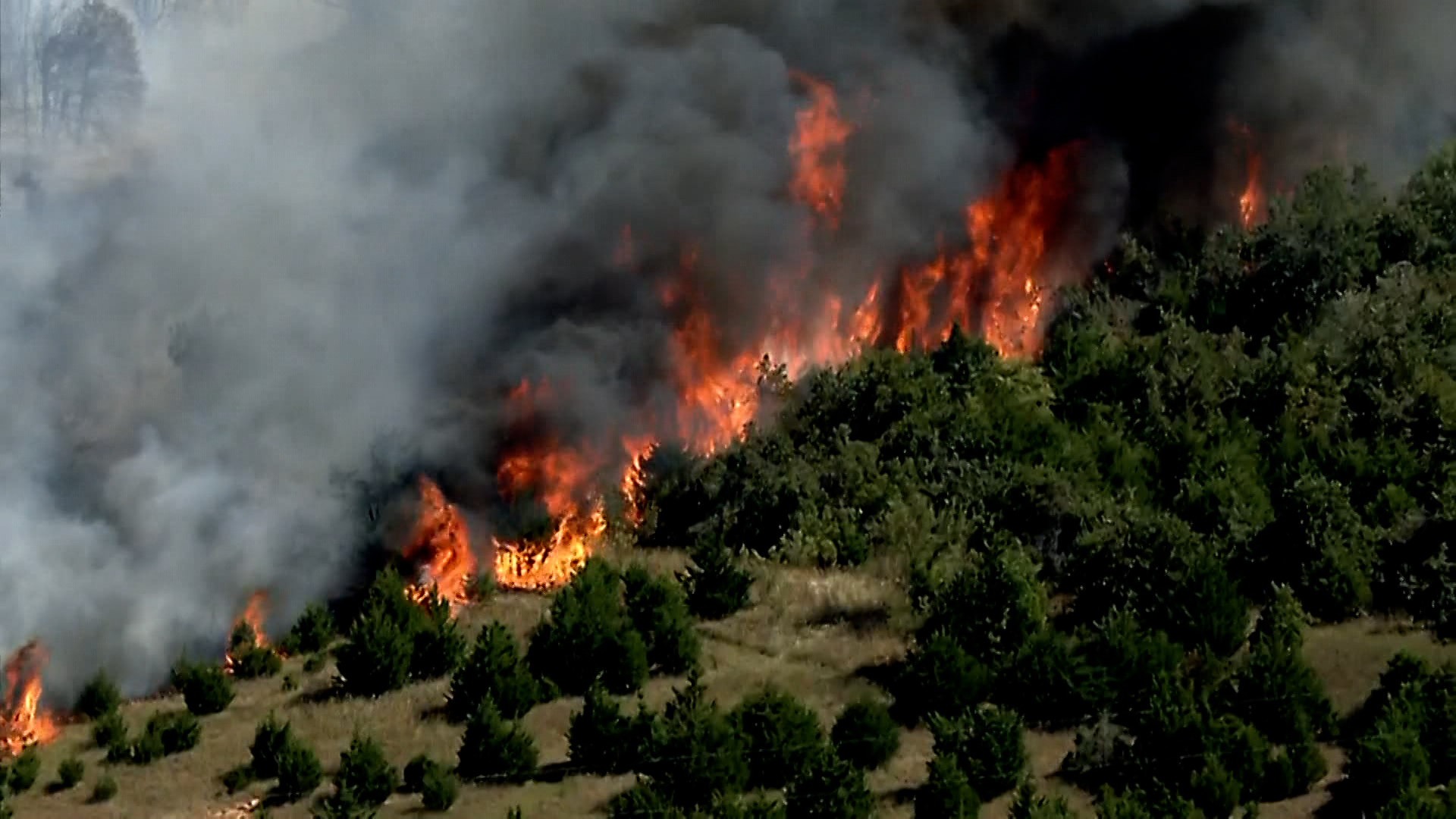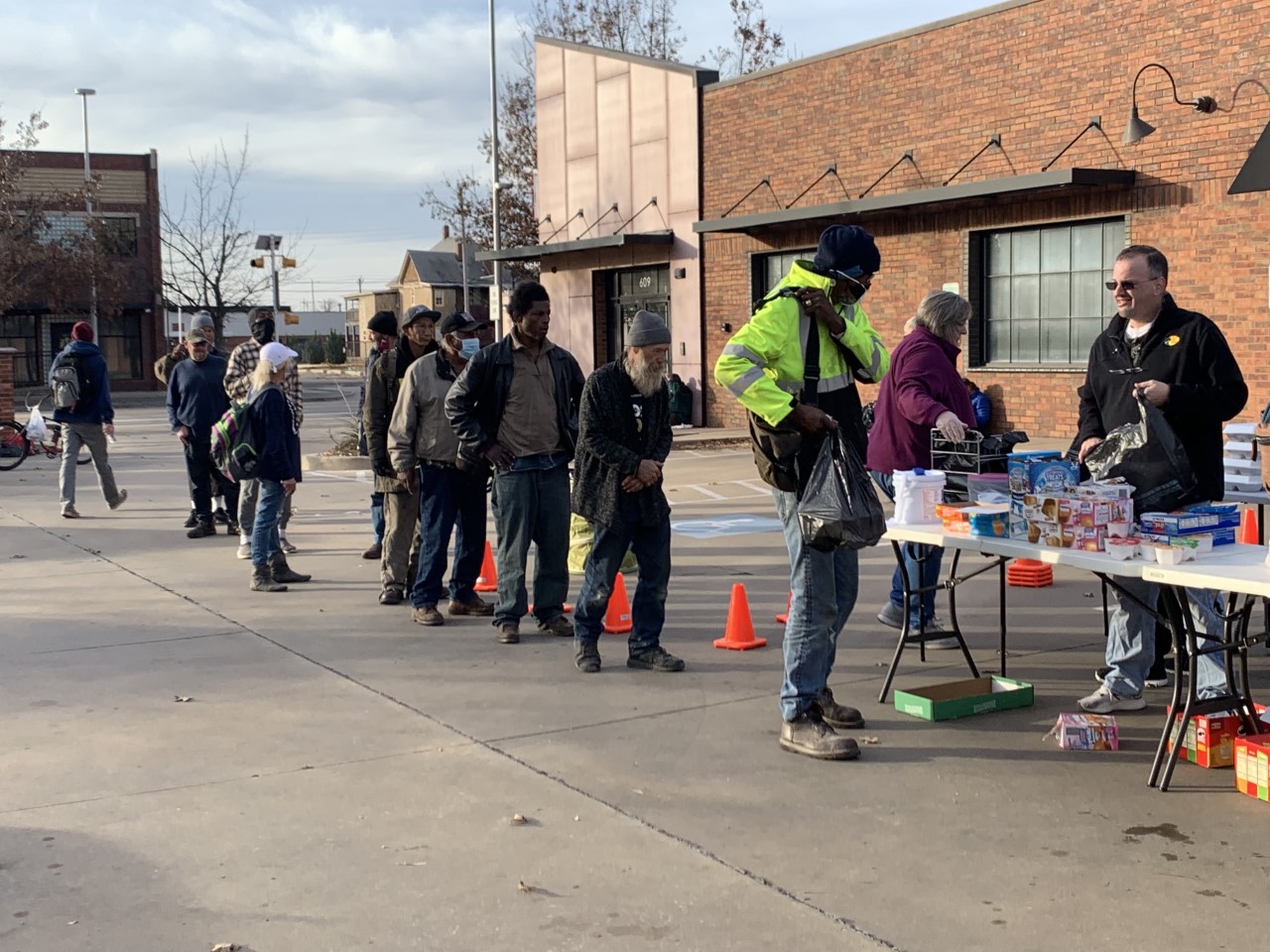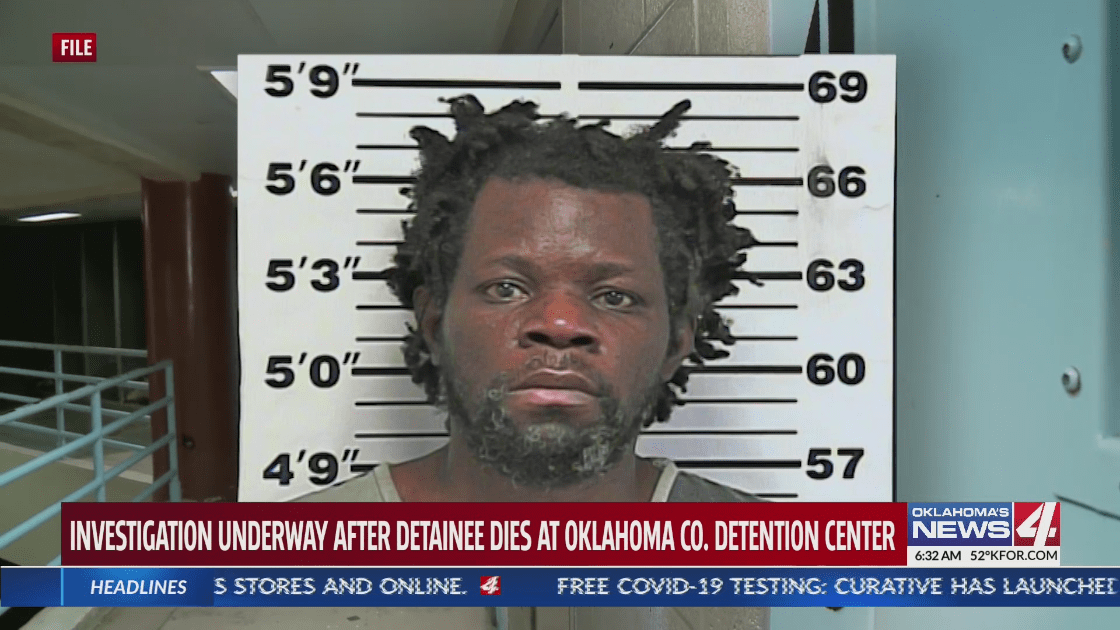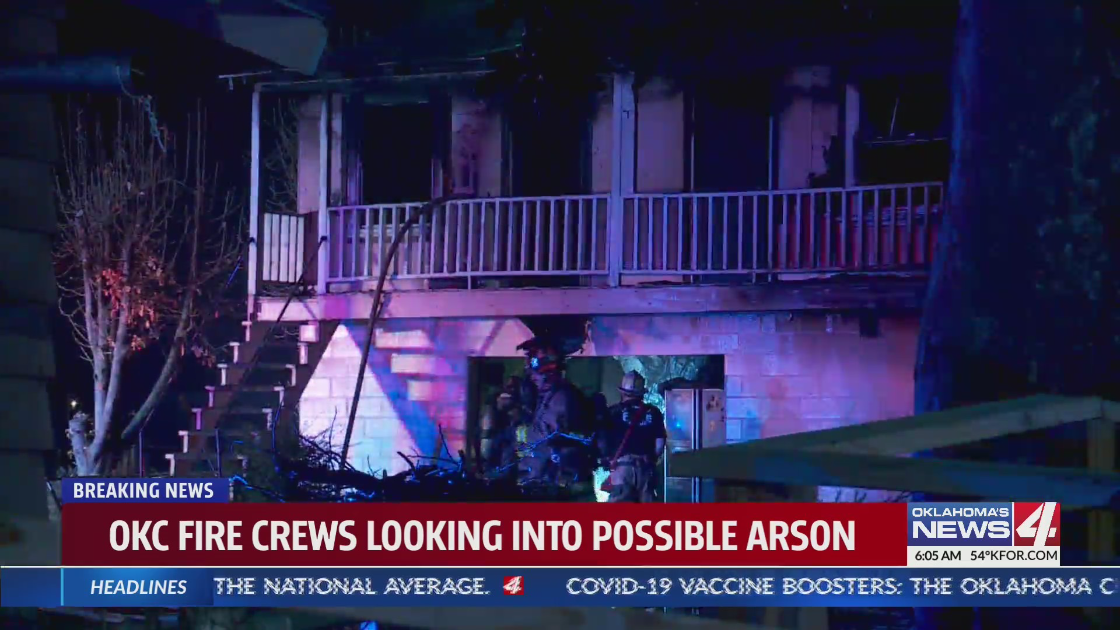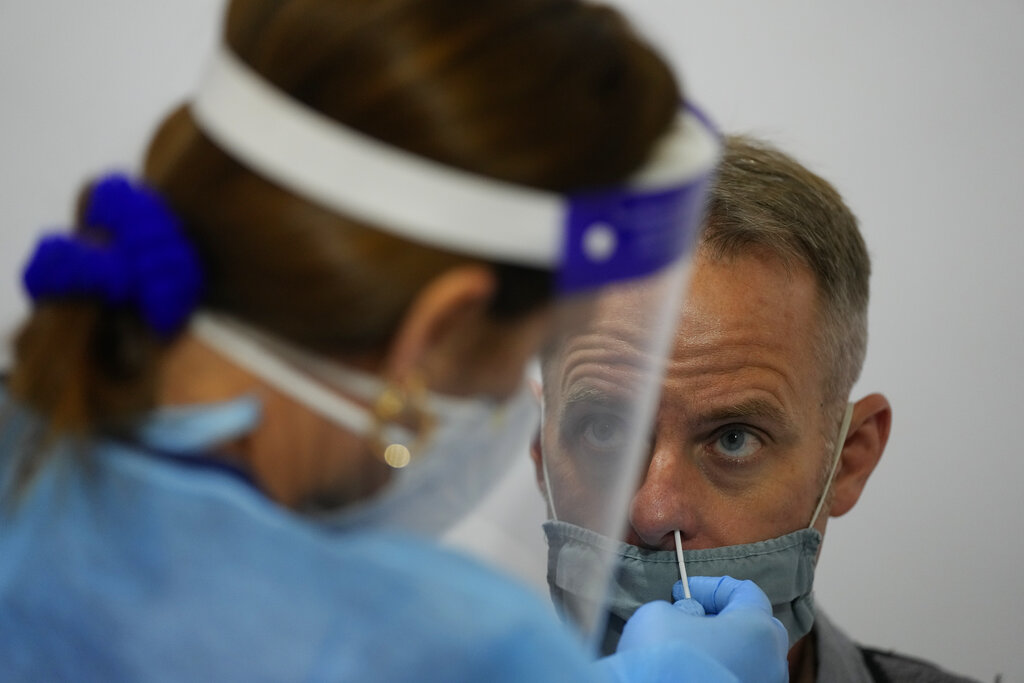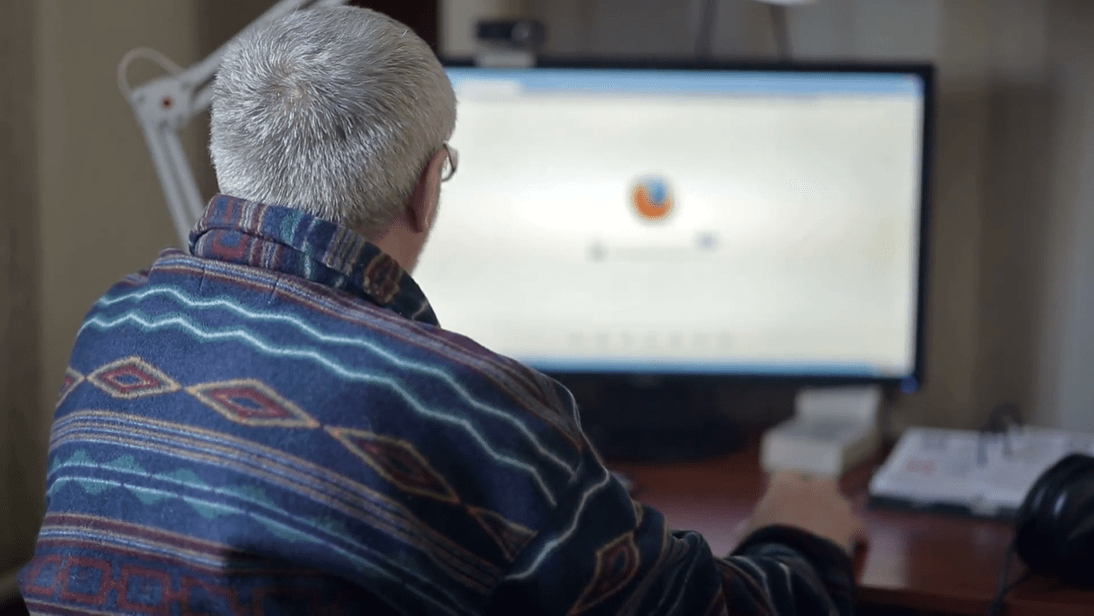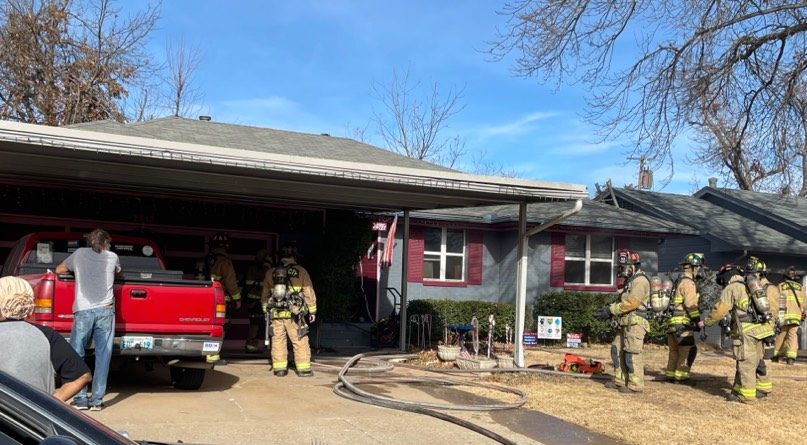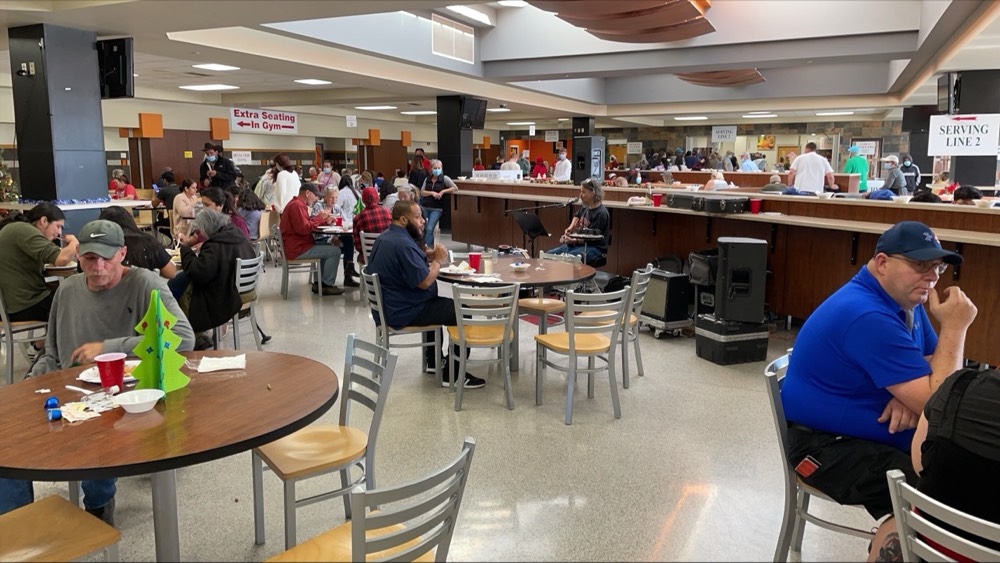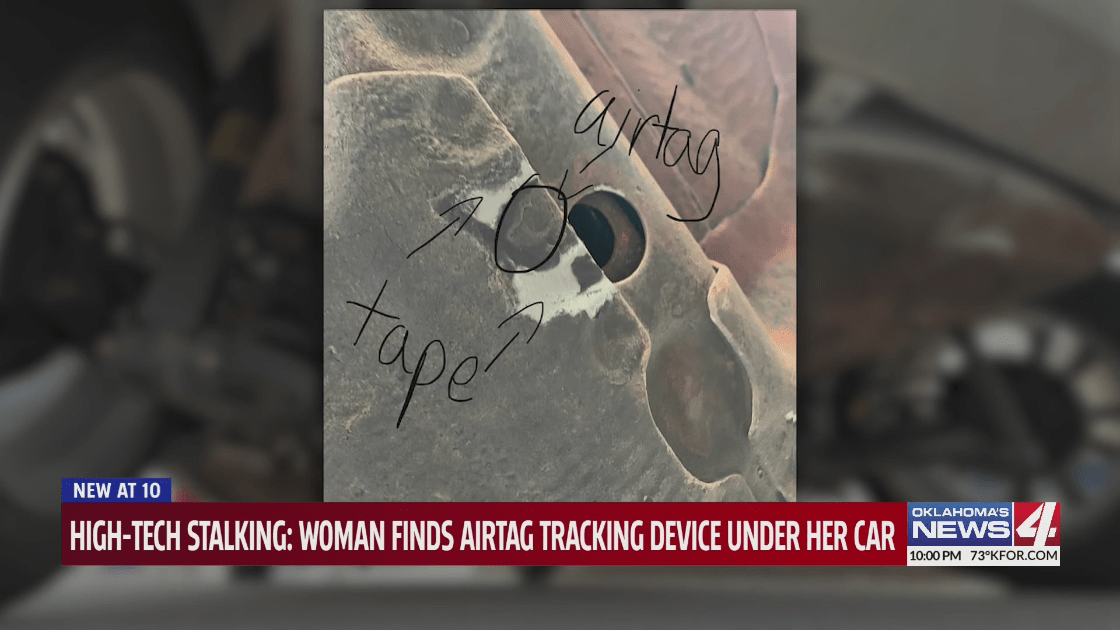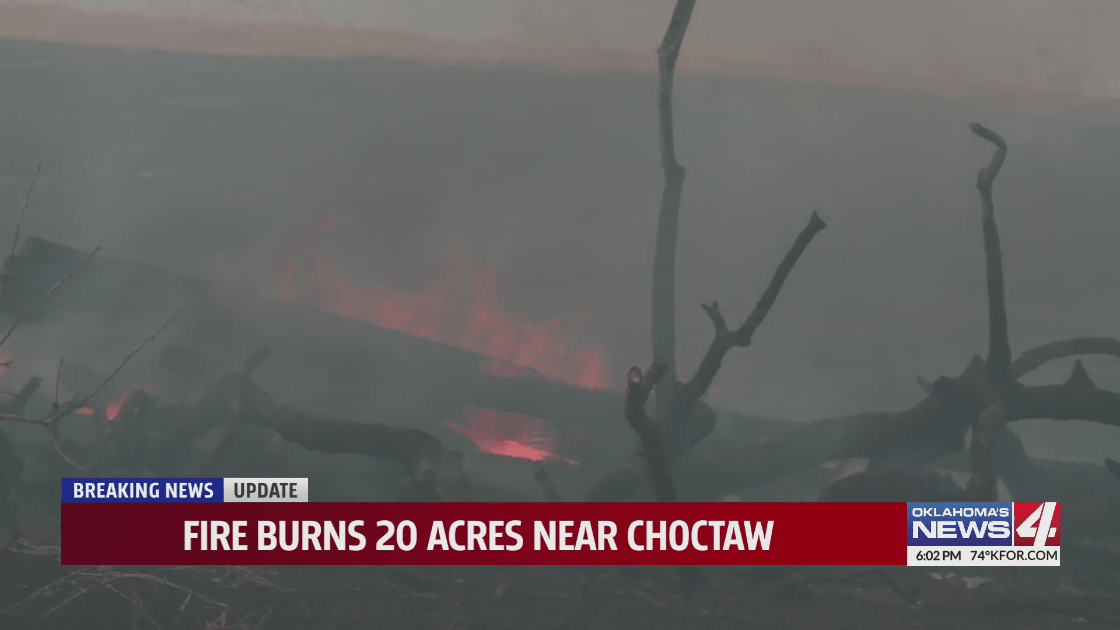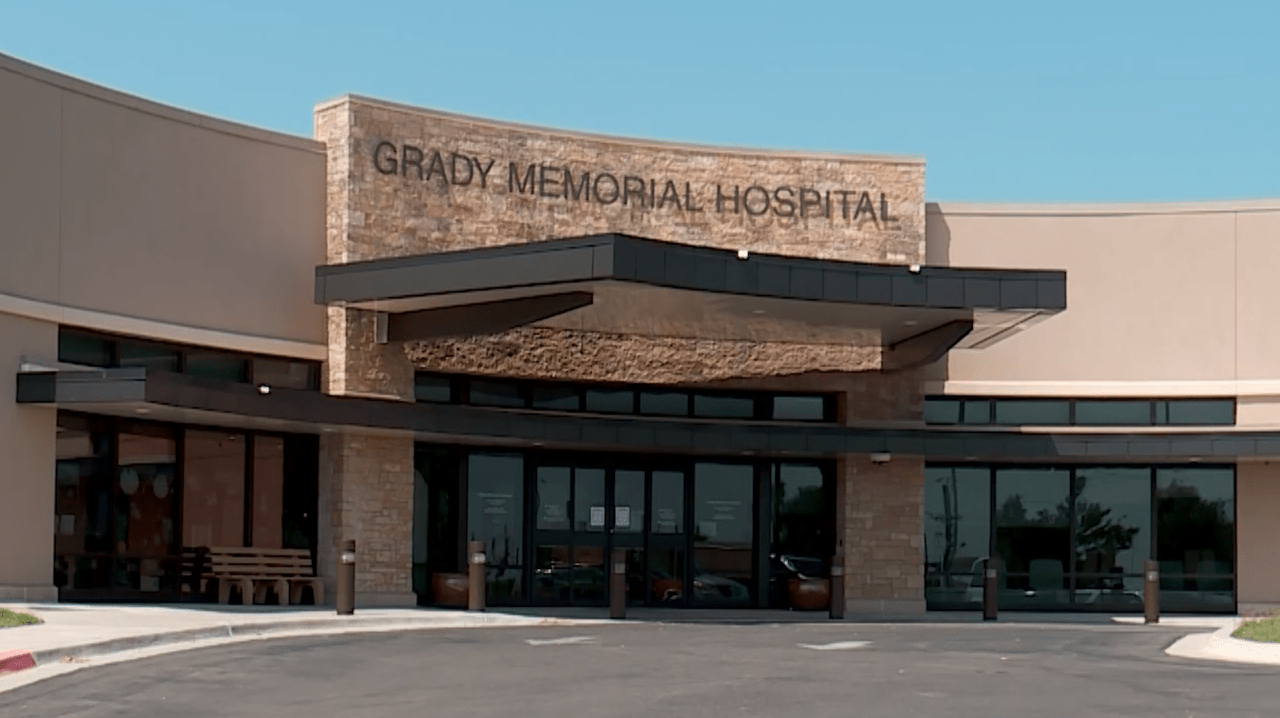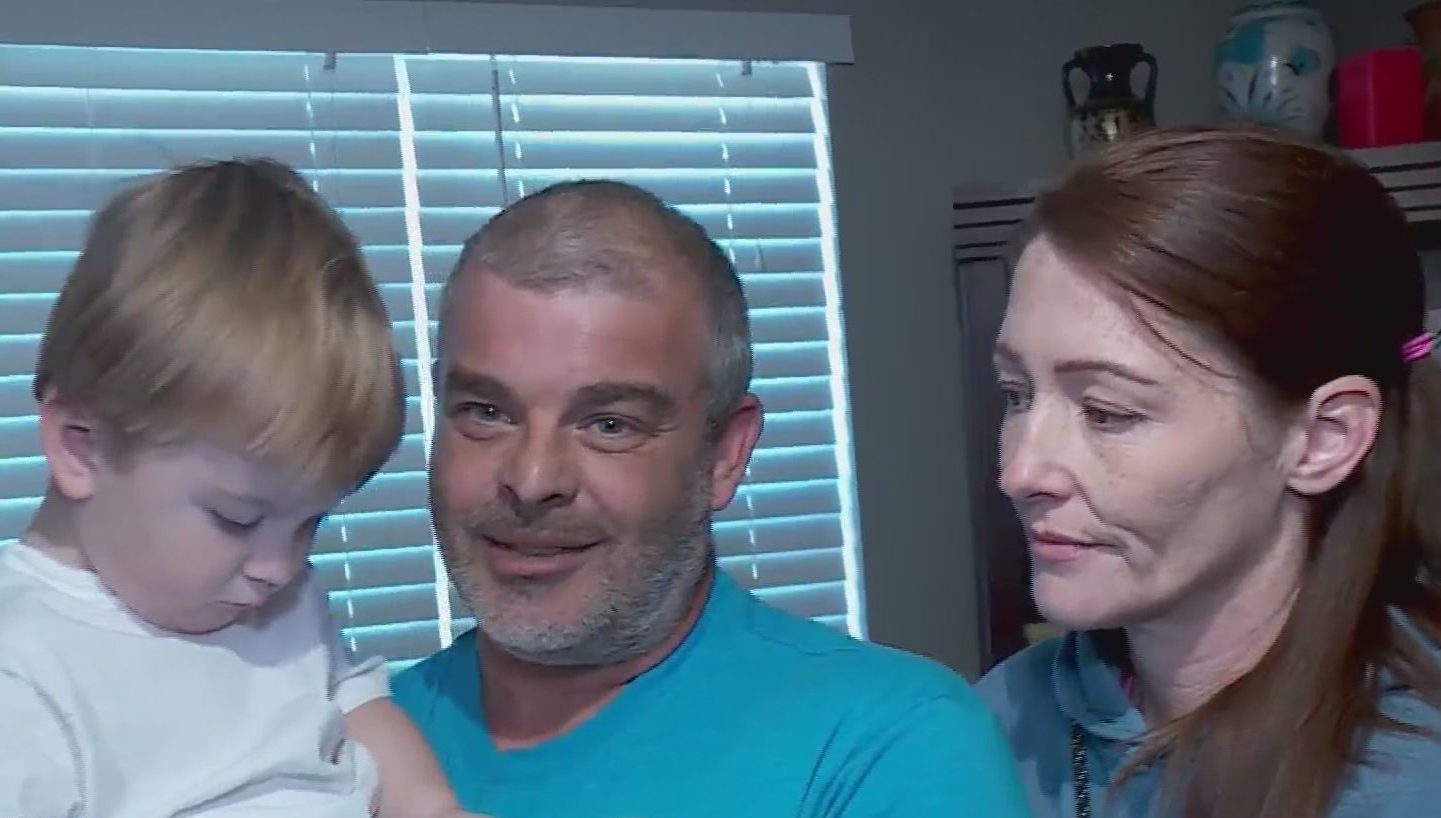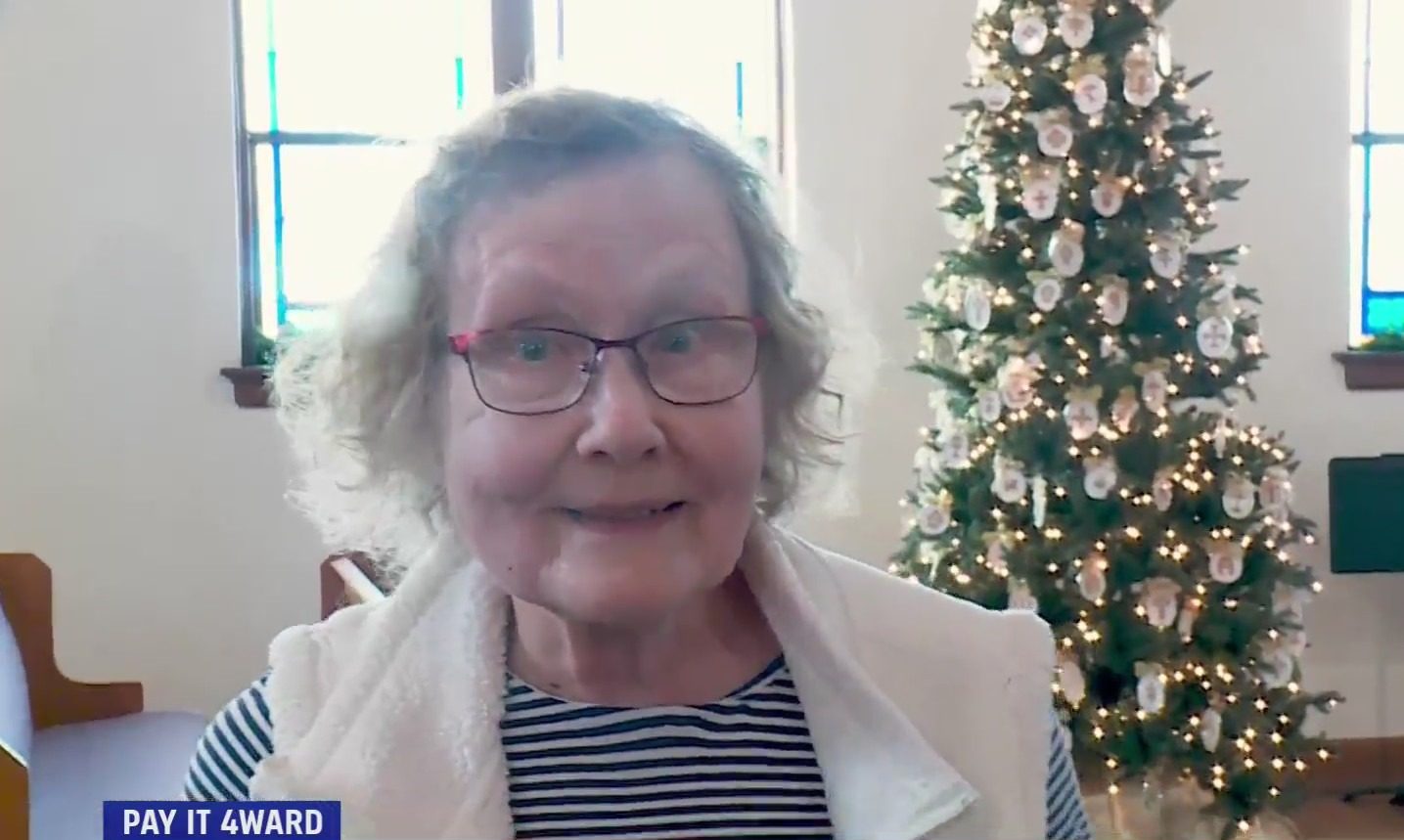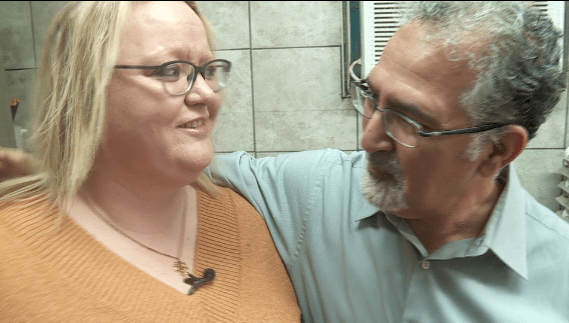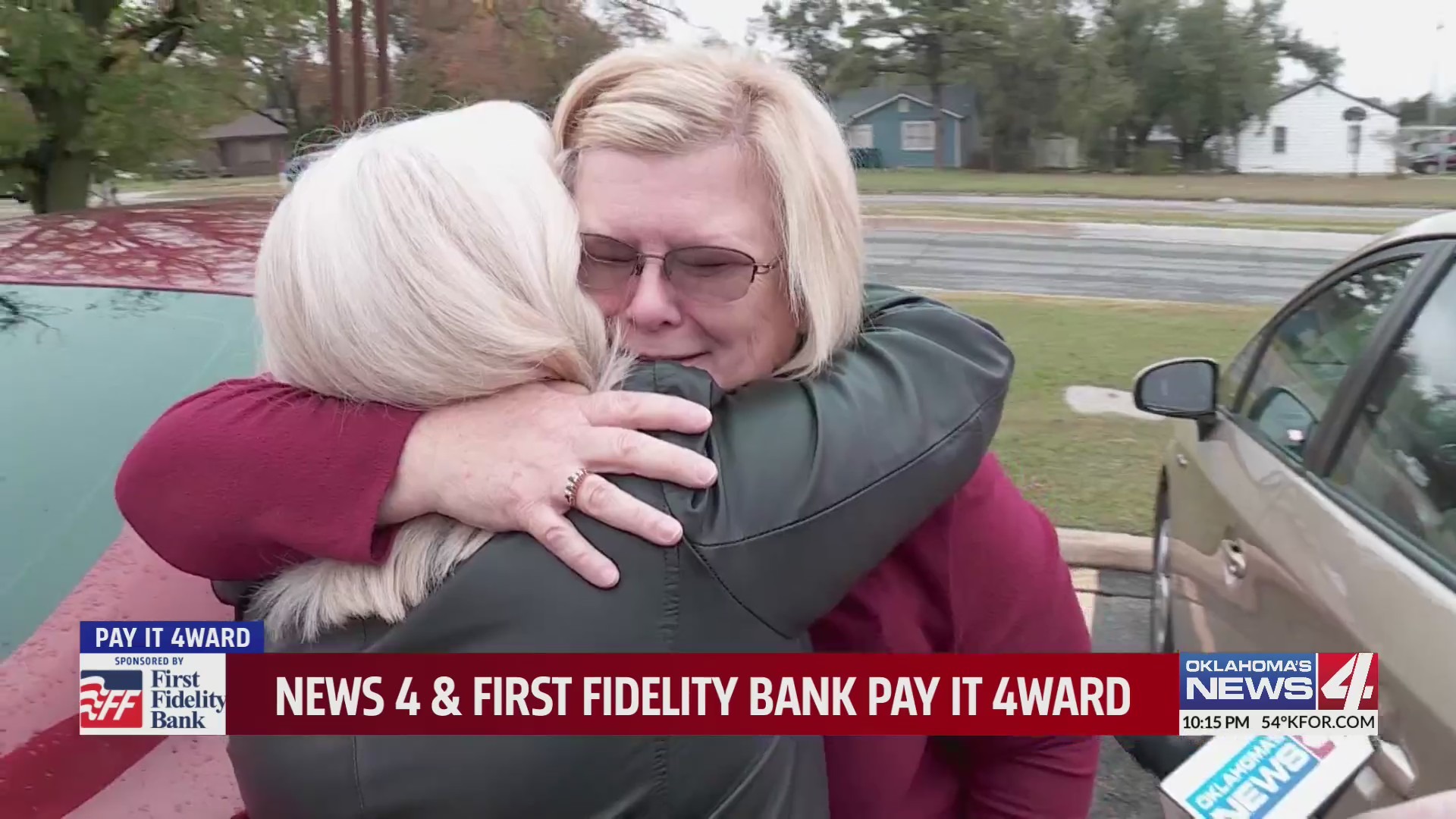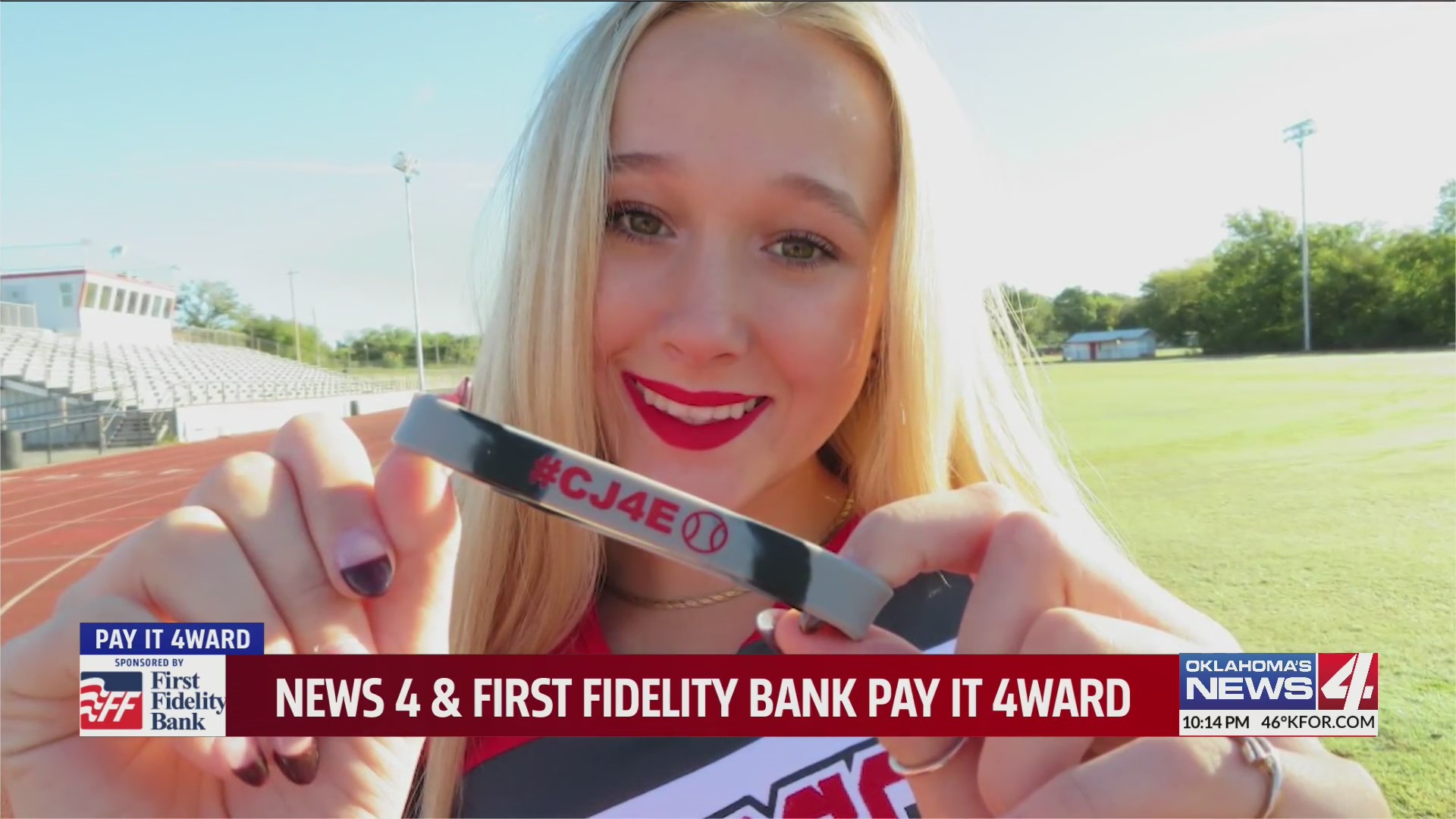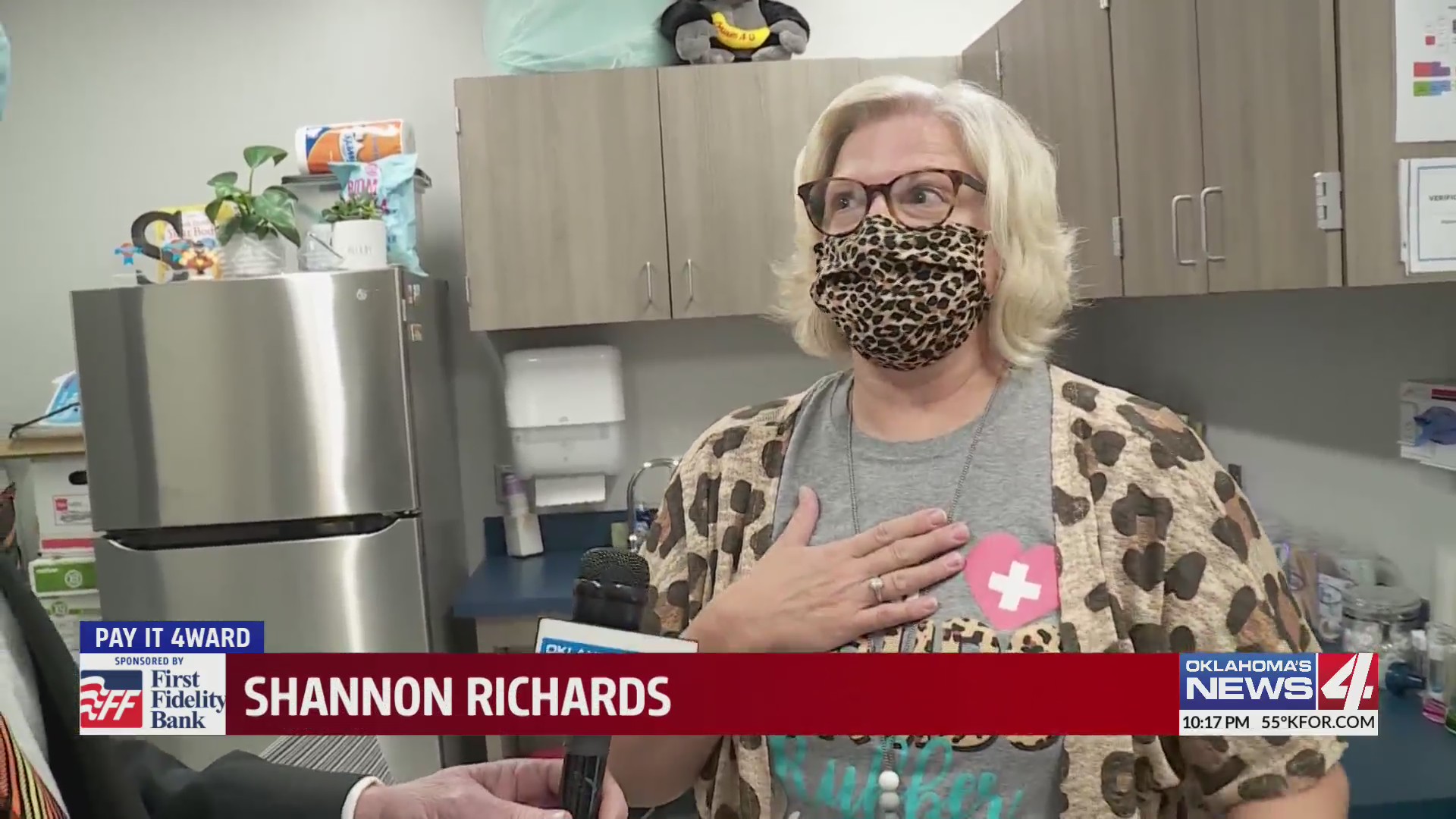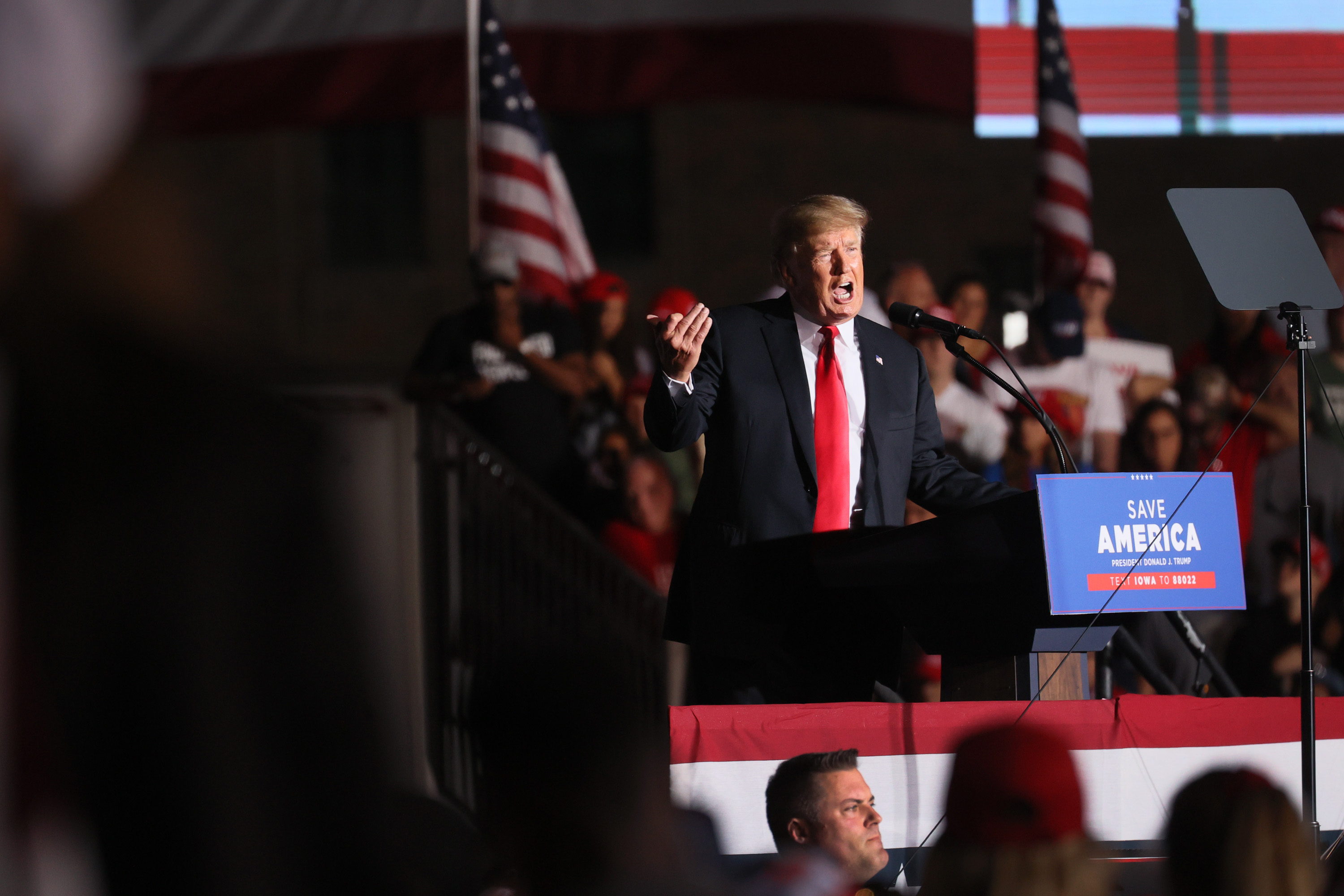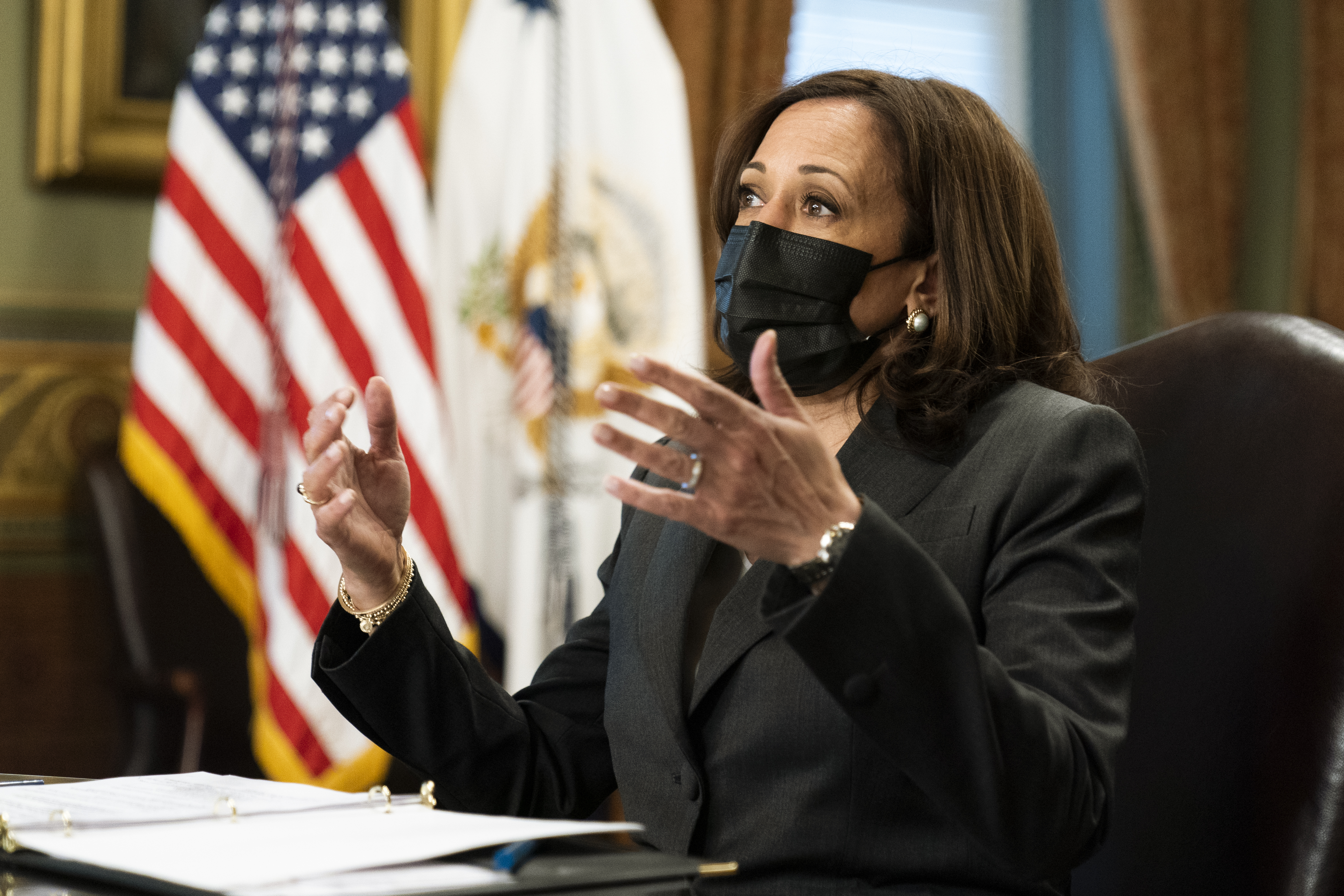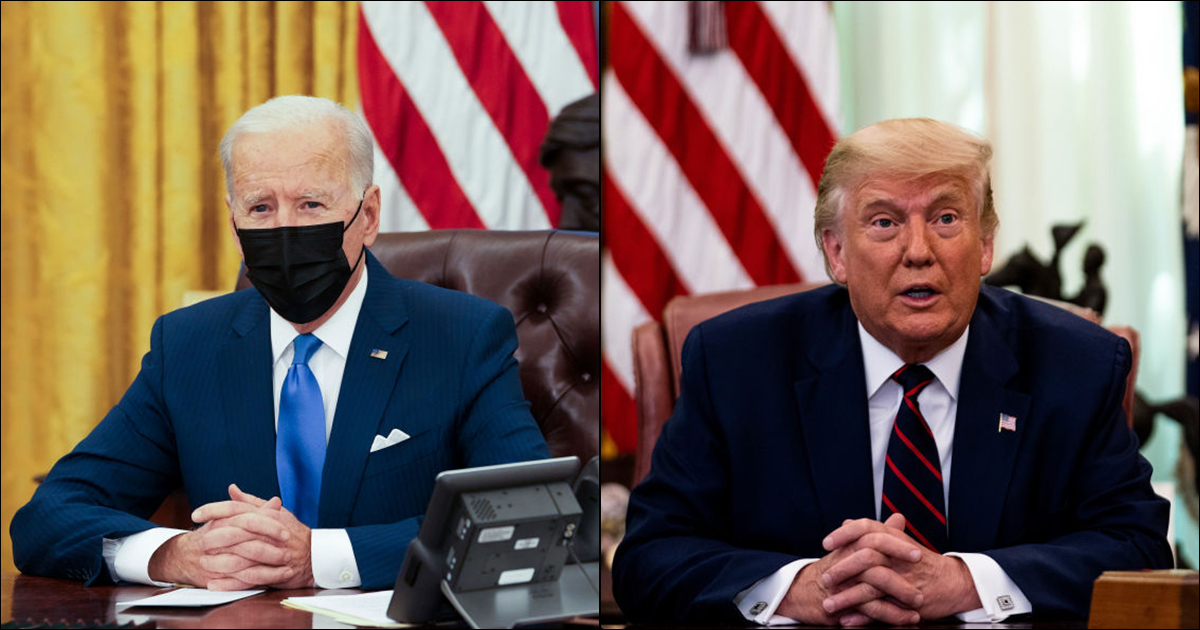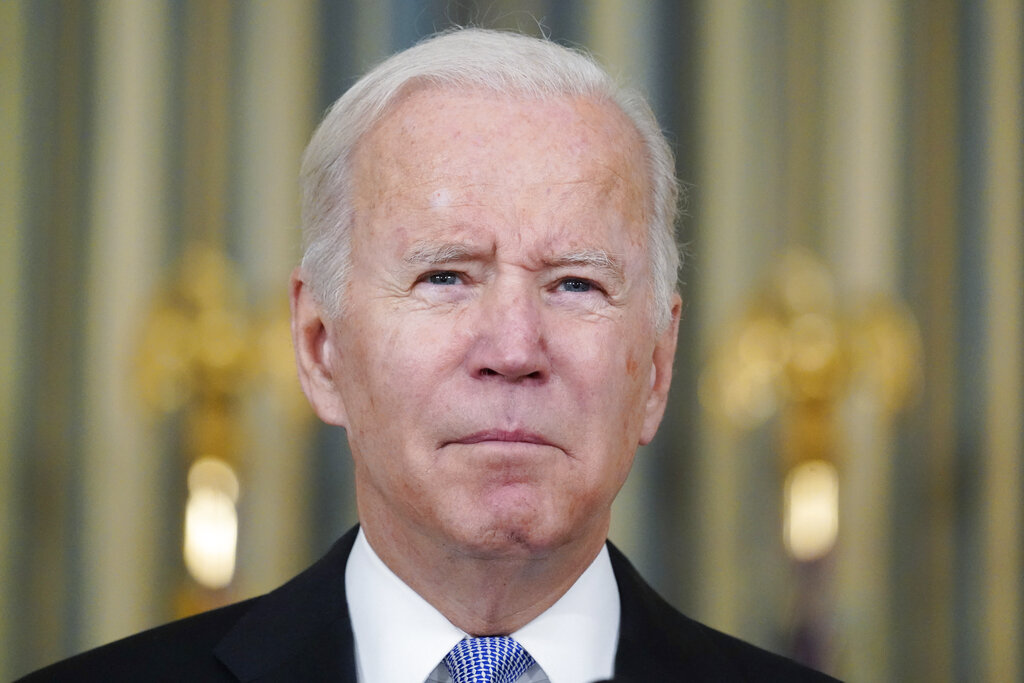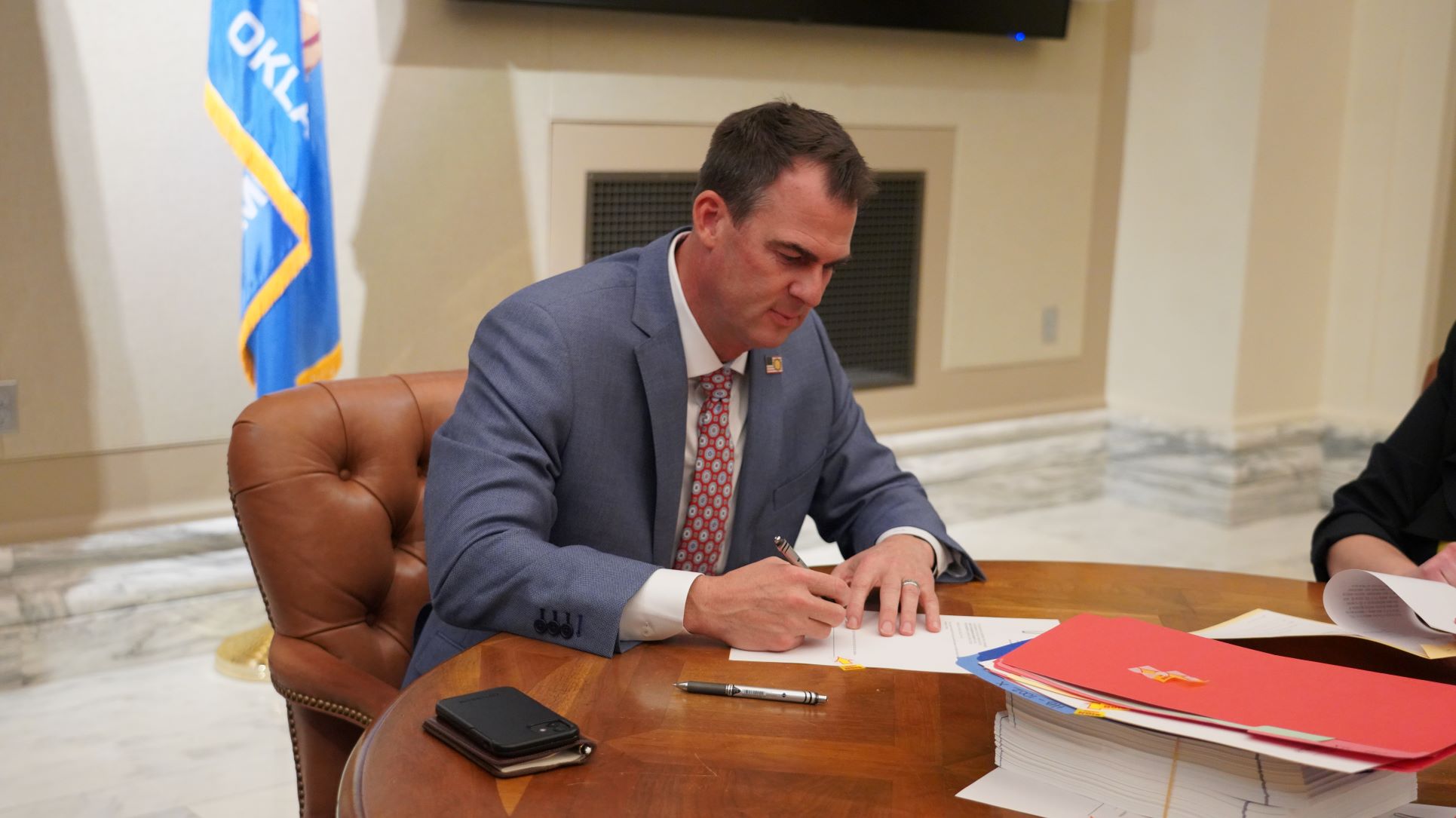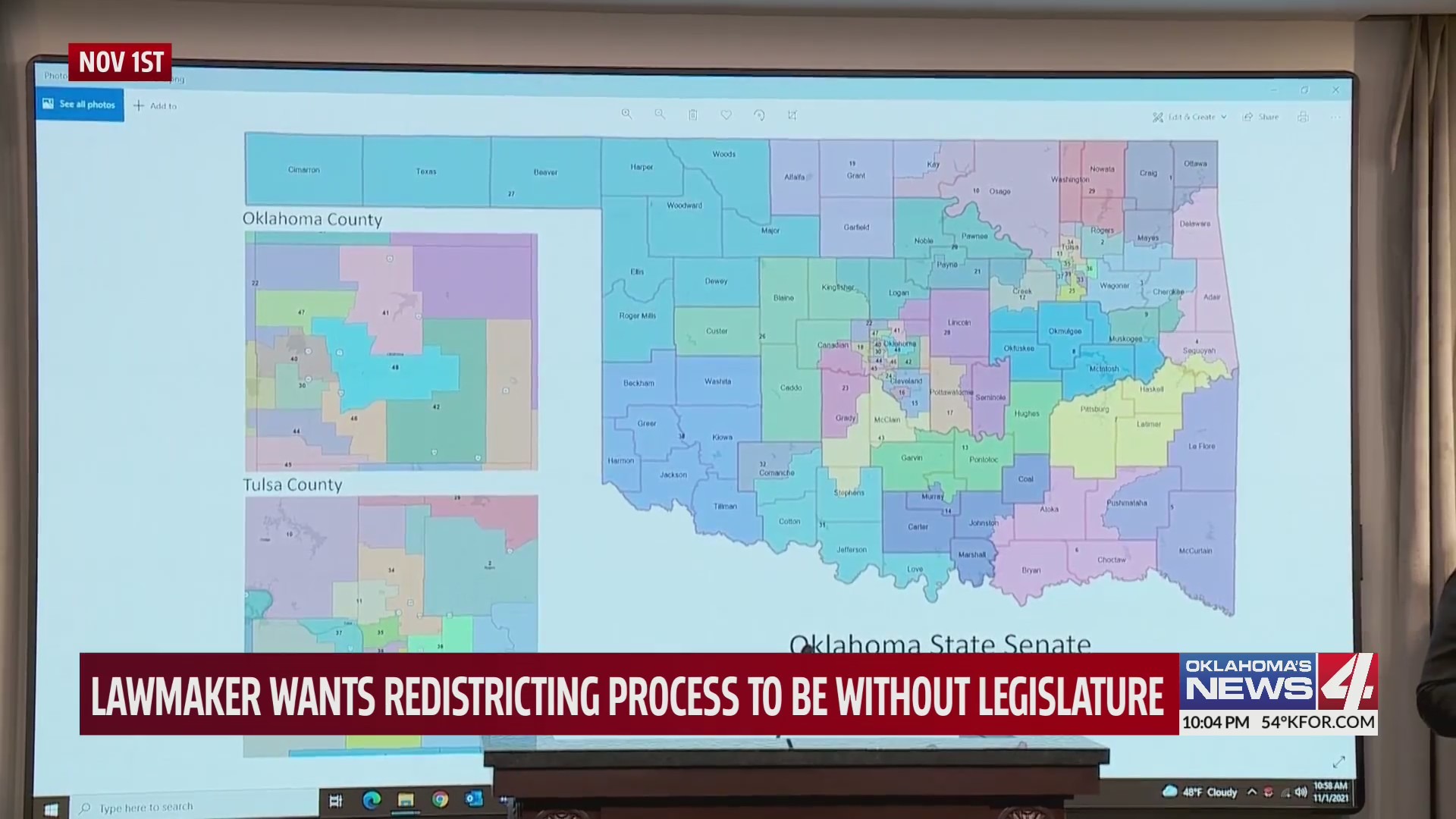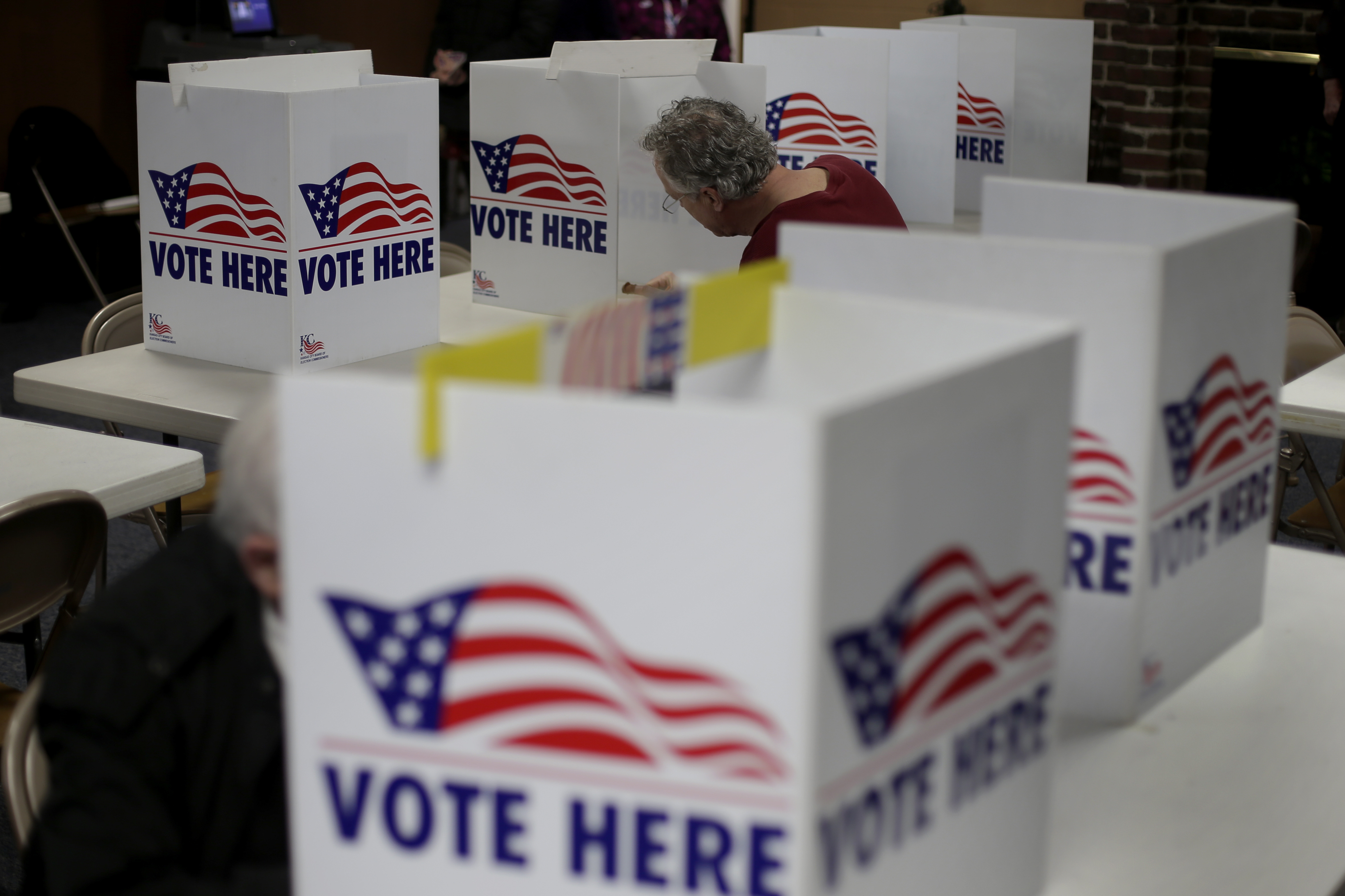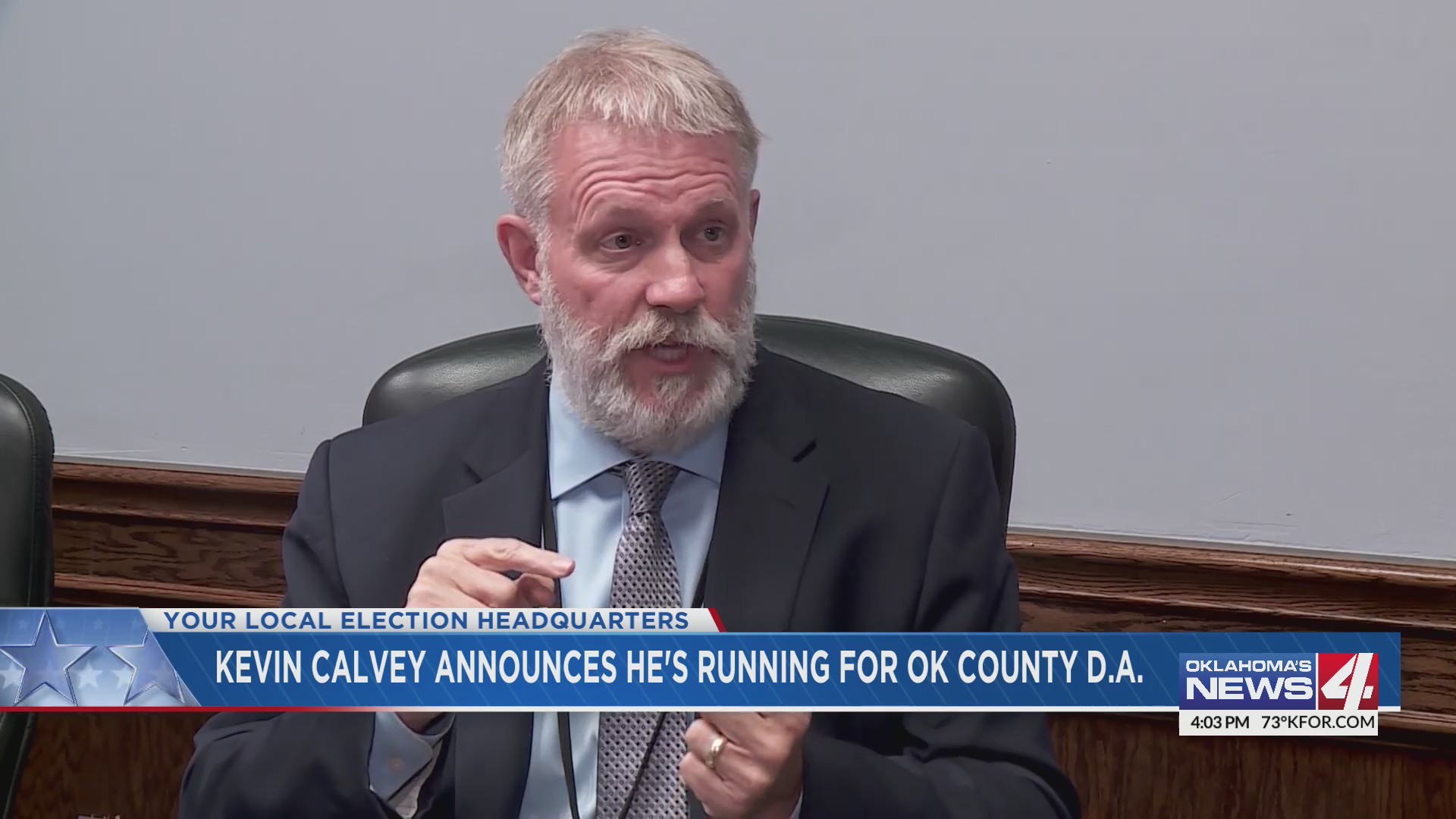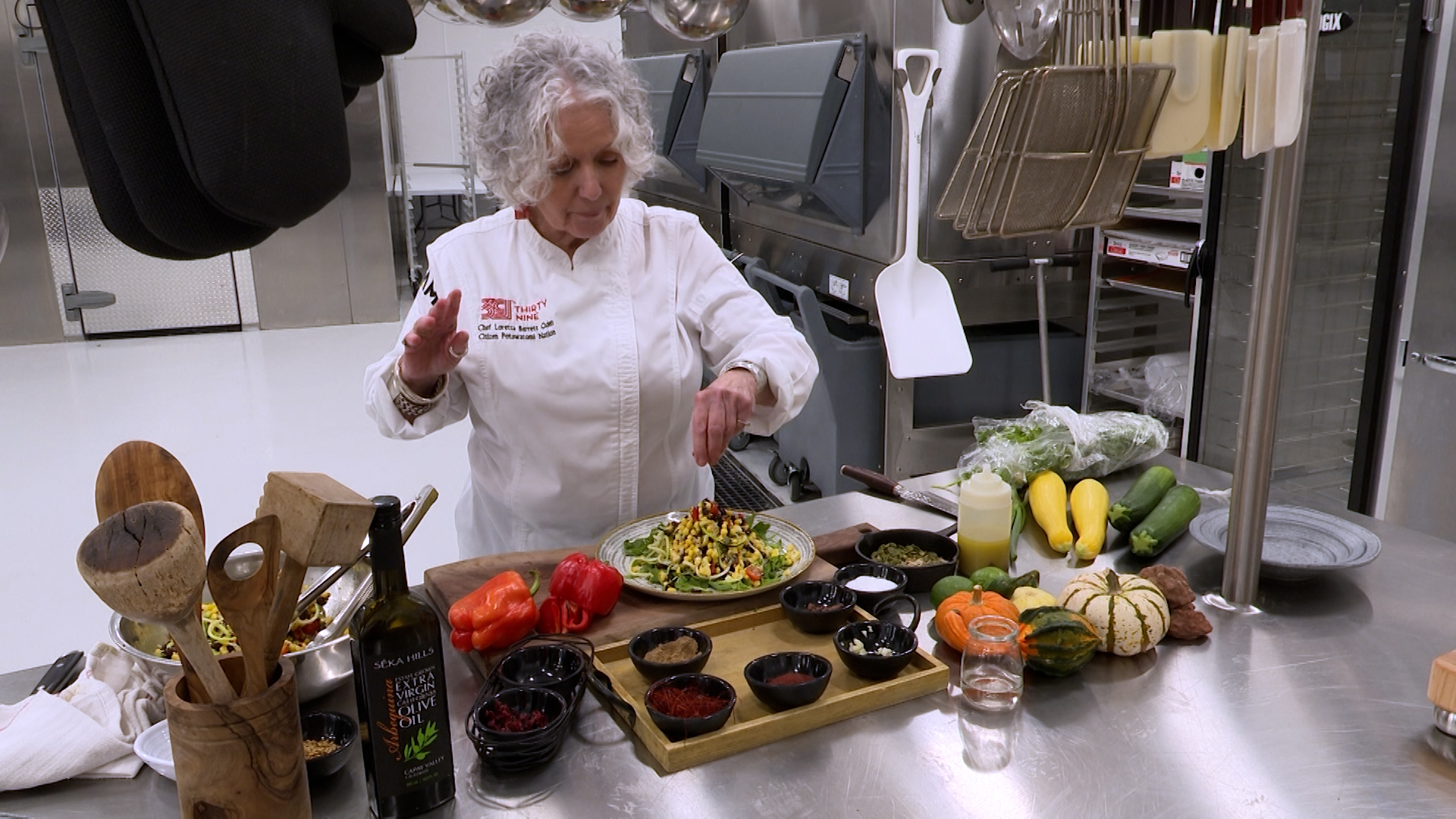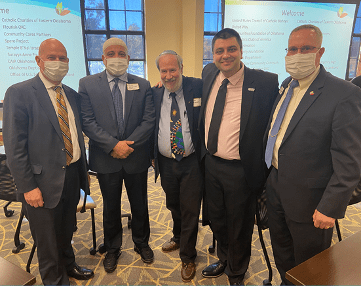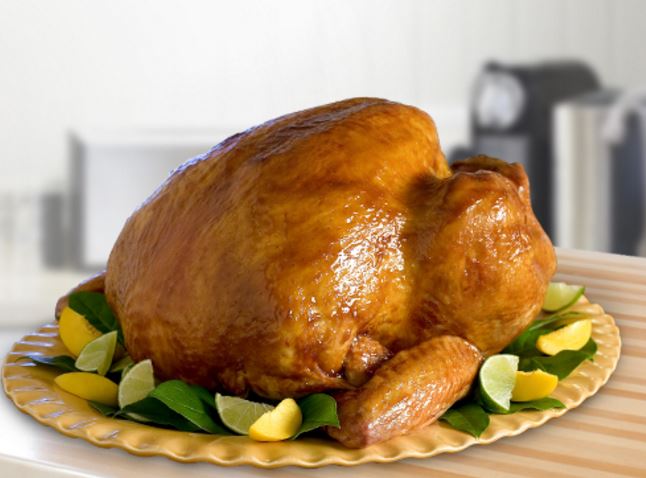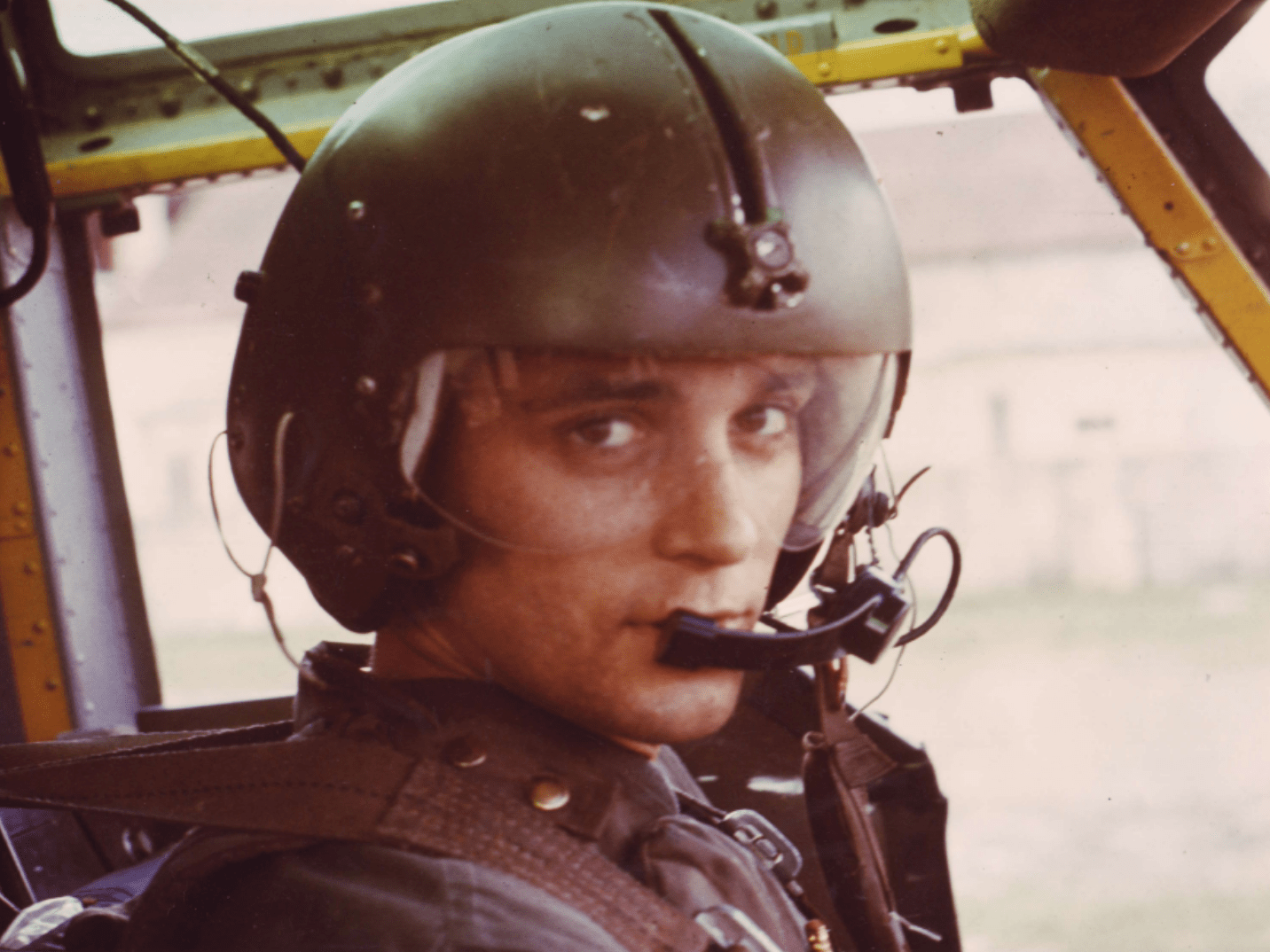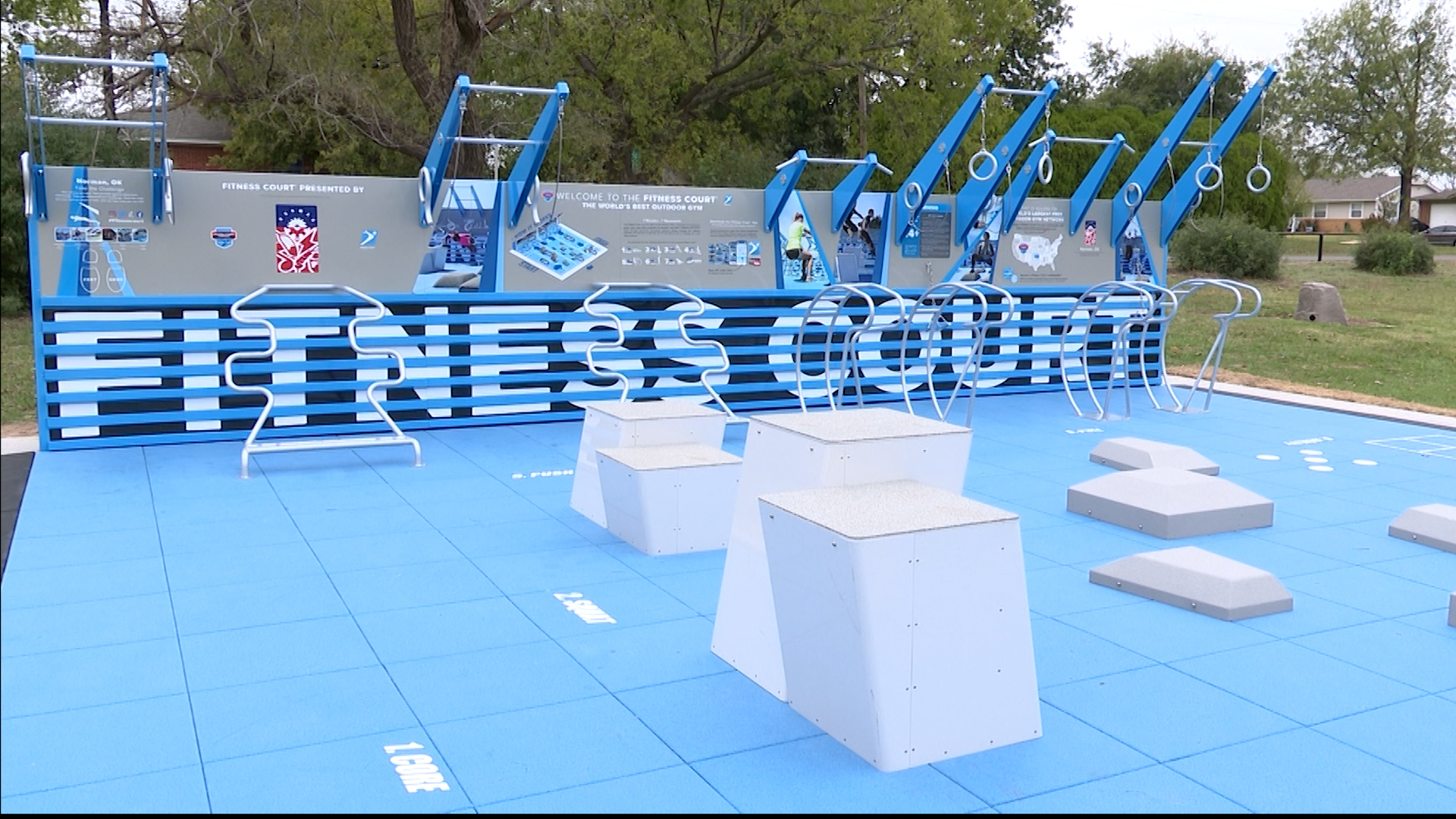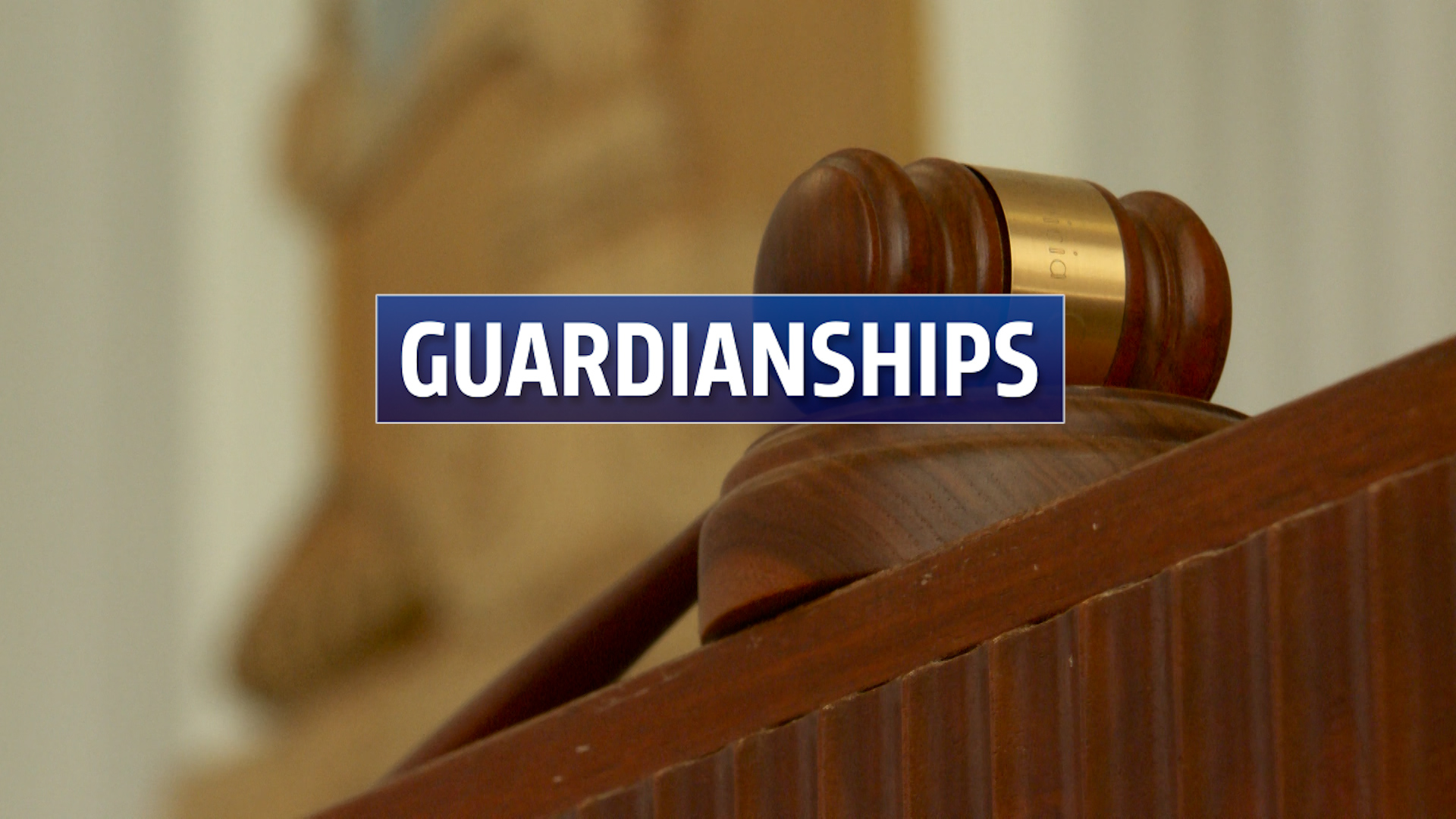ANADARKO, Okla. (KFOR) – There is always laughter any time the Poolaw family gathers, some talk of who goes where in this extended family tree and of military service.
“I felt I owed this country something,” states decorated Marine ‘Corky’ Poolaw.
The man they called ‘Kiowa George’ Poolaw was part of the first ‘all Indian’ cavalry troop in the late 1800s.
His sons served the U.S. Military as well.
One of them, Ralph Poolaw fought with his own sons in World War II.
Cletus Poolaw remains the most decorated Native American soldier in U.S. history.
Through three wars he received 42 citations and medals, including four Silver Stars, five Bronze Stars and three Purple Hearts.
He volunteered for combat to protect one of his own sons in Vietnam and was killed in action there on November of 1967.
“When they said Cletus was coming home, I’d be smiling,” says his half-brother, Ralph Jr. “He would always bring something. That’s just how he was.”
The phone listings from Southwest Oklahoma are still filled with the Poolaw family name.
Ralph Jr. is a half-brother to Cletus and a former Marine himself.
Phyllis Poolaw-Bohannon is a niece.
Her father Jack fought in the Pacific during World War II.
“My brother served in the Marines. My other brother was in the Air Force, and I have another nephew who served in the Marines” she states. “This is our nation, and this was our land.”
Corky Poolaw was a Marine too for 27 years, wounded twice and a recipient of the Silver Star like his uncle.
“People say, ‘I thank you for your service,'” he tells me. “But I enjoyed every minute of it.”
The Kiowa branch of the family or the Apache branch, it doesn’t matter.
The warrior tradition carried down through generations.
Cletus’ sons served with honor in Vietnam, his grandsons Donald and Roderick in Iraq and Afghanistan.
Along Anadarko’s National Hall of Fame, Cletus’ bust stands with other notable Native American names.
“Thank you for your service” might seem insufficient to a family that has always given much, but for them, it is enough, Phyllis insists, “To see our warriors being honored.”
Cletus Poolaw has a building at Fort Sill named in his honor. His medals and uniform are part of a permanent display at the Fort Sill Museum.
